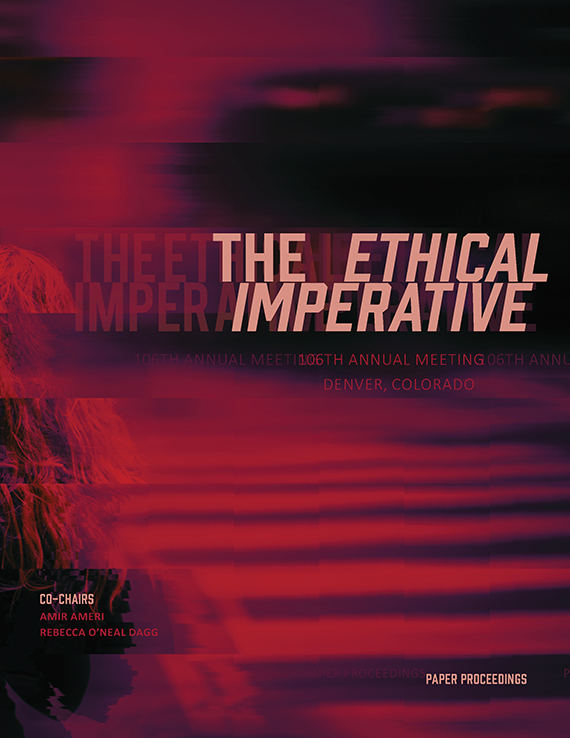Author(s): Zhongjie Lin
Although the concept “Eco-city” has been discussed and promoted for decades, it was in the past several years that we started to see an increasing number of large-scale projects translating it into practice. It refers to an ecologically healthy city that enables residents to live a high-quality life with minimal impact on environment, a goal accepted across many cultures. Eco-city is now a global phenomenon, yet Asia shows particularly notable development with strong governmental intervention, and witnessed ambitious, systematic national initiatives to build exemplary eco-cities. In Japan, the central government launched the “Eco-Town Project” initiative in 1997, then turned it into a more comprehensive “Eco-Model Cities” scheme announced at the 2008 G8 Summit in Hokkaido. So far twenty-three cities have been designated as Eco-Model Cities, ranging from large cities like Yokohama to small towns like Minamata. Financial incentives are provided to undertake major urban restructuring, low-carbon developments, and sustainable industries. The objective is to develop models of ecological urbanism that would subsequently influence the rest of the country.
https://doi.org/10.35483/ACSA.AM.106.72
Volume Editors
Amir Ameri & Rebecca O'Neal Dagg
ISBN
978-1-944214-15-9

 Study Architecture
Study Architecture  ProPEL
ProPEL 
